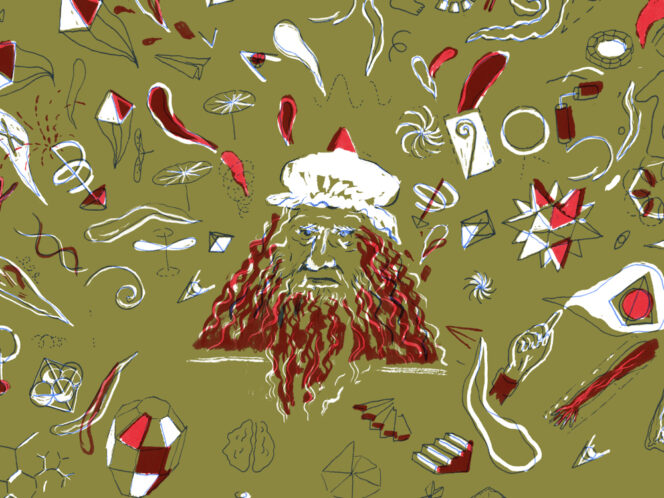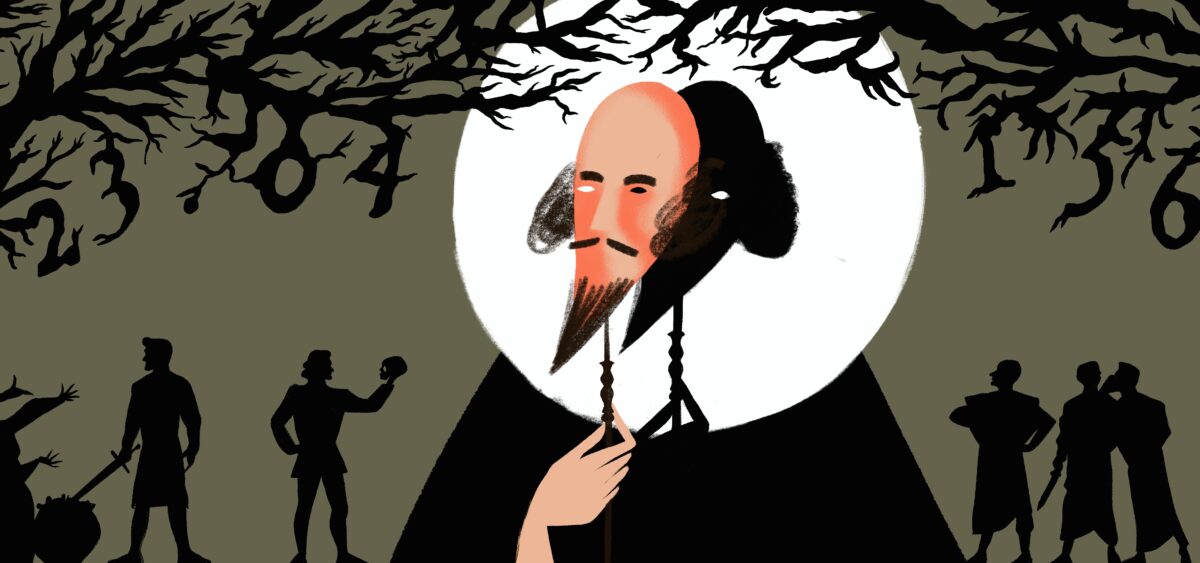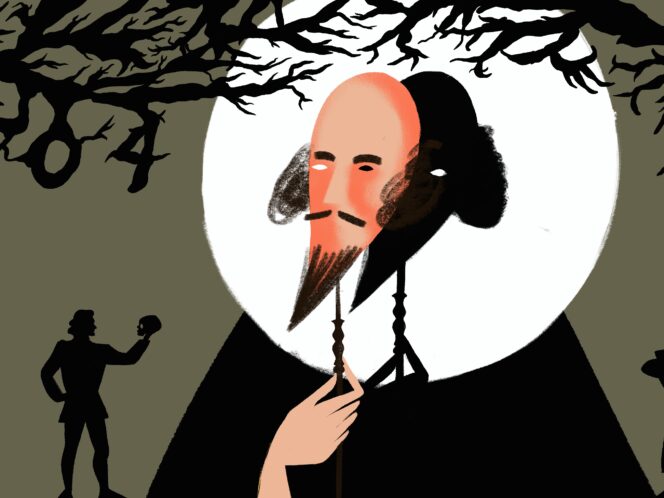William Shakespeare was born in Stratford-upon-Avon in England. Or, at least, we assume so. His father was John Shakespeare, a farmers’ son who did a lot of odd jobs (including working as a beer tester!) before he advanced socially, thanks to his successful glove-selling business and active participation in local politics. William’s mother, Mary, came from the prominent Arden family.
Doesn’t sound too shabby, does it? And yet Mark Twain mocked the Bard, saying that his parents could not read, write, or even sign their names. This might have also been the case with William’s numerous siblings. Strangely, however, it is said that he was sent for schooling to Oxford-educated teachers who equipped him with a broad education. Why was William the one to be granted such privilege? Nobody knows. Also, one cannot help but wonder if gifted teachers were the only key to the all-round knowledge the Bard was so eager to flaunt in his works. How come this provincial son of a nouveau riche father had such broad vocabulary, was intimately familiar with classical literature, knew his way around court life, and was fluent in legal matters, as well as military science, seafaring and medicine, not to mention mythology, folklore and the customs of various countries other than England. It couldn’t possibly all be exclusively due to the comprehensive education programme, could it?









